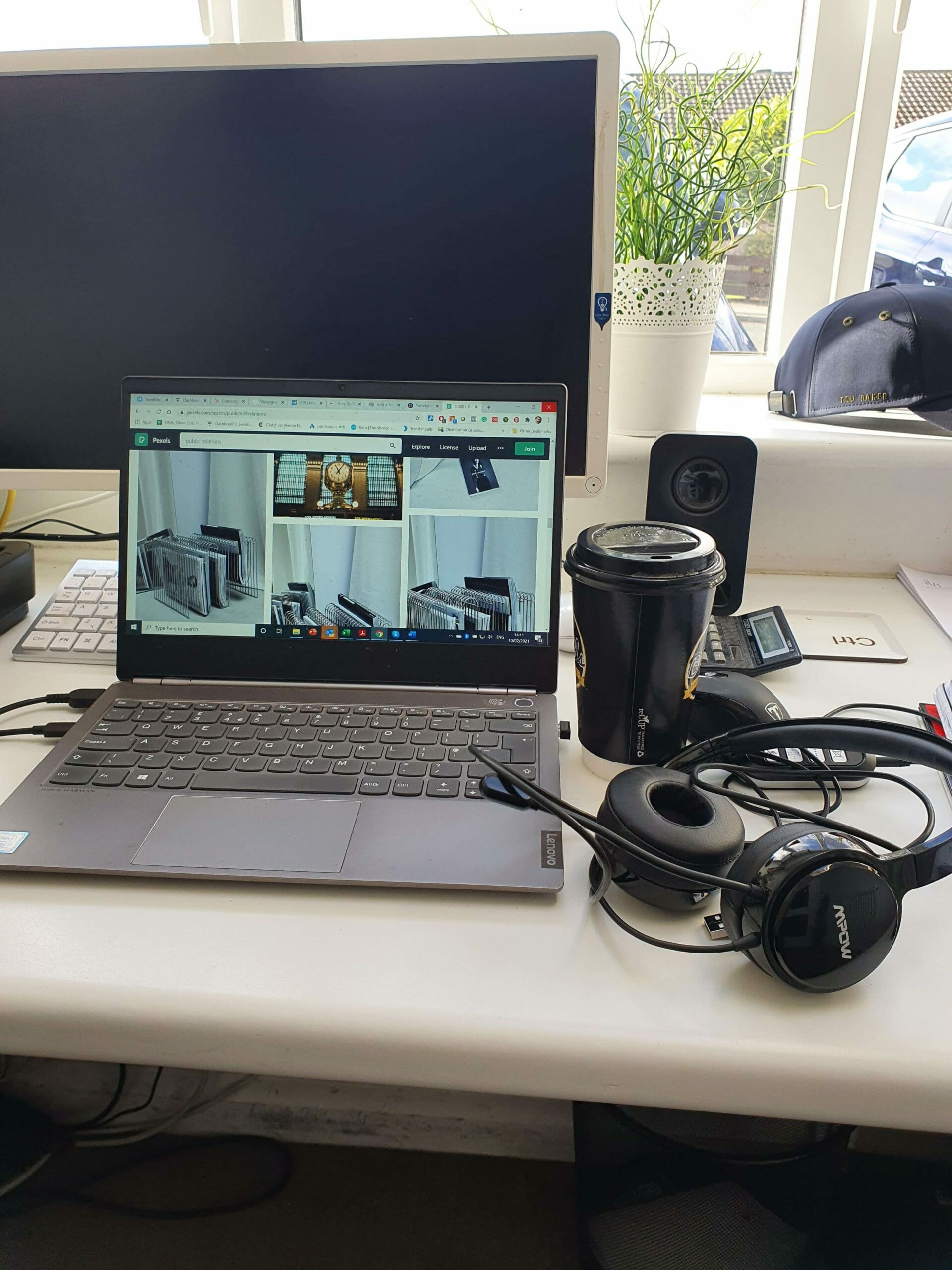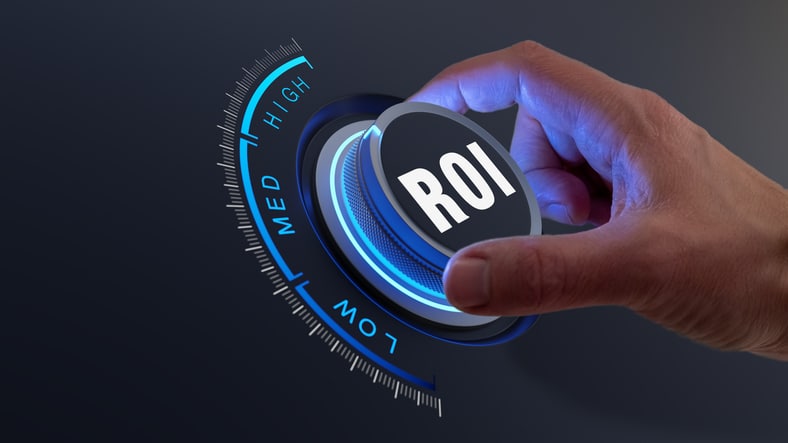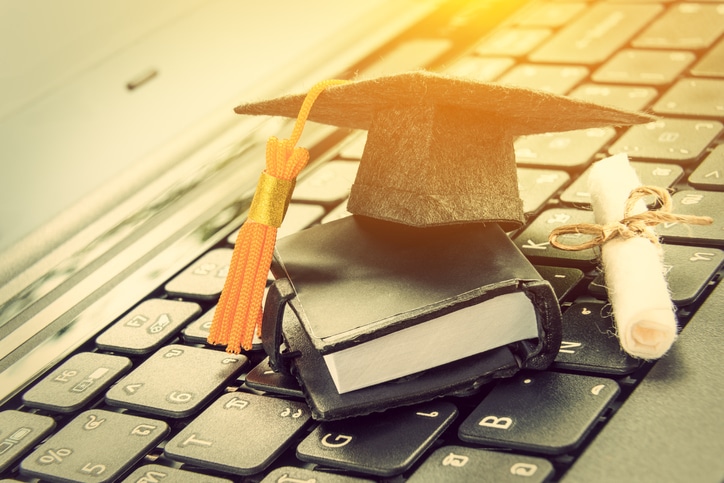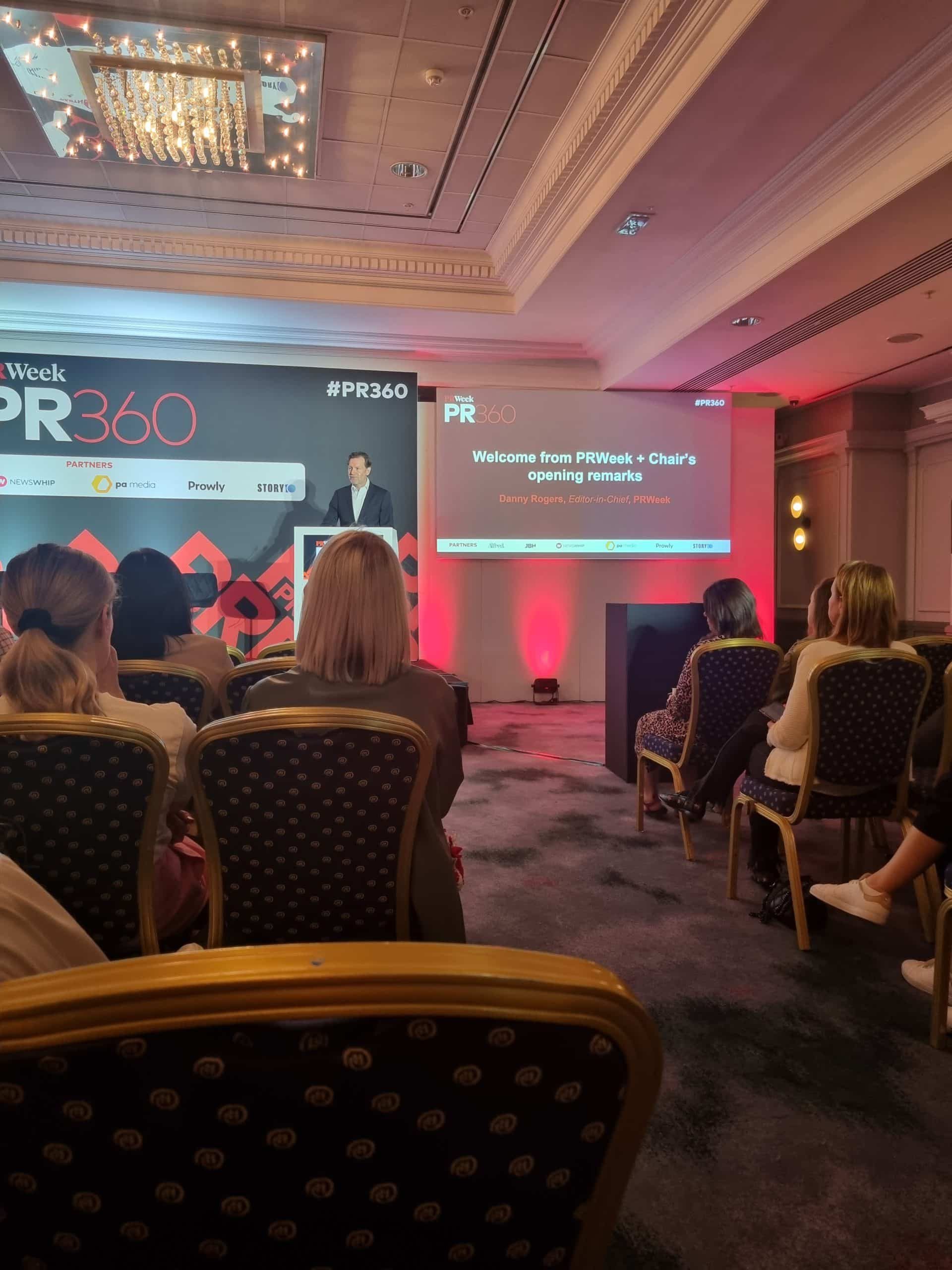
I love working in PR but there is no denying that it can be a stressful job. There’s pressure to come up with campaign ideas, tight deadlines, difficult to please clients and even more difficult to please journalists – I recently gave my opinion on the long-running trend of ‘PR bashing’ feel free to share your stories with me as they can be fascinating.
Even before the pandemic, it was clear that many PR professionals were struggling with the burden of stress from this sector. The CIPR’s 2019 State of the Profession survey reported one-in-five respondents having a diagnosed mental health condition compared to one-in-six in the general population. That is not a great statistic. The ‘always on’ pace of work of many PRs adopt (me included) is not sustainable and has a direct impact on our wellbeing.
PR’s ‘mental health crisis’
Concern for practitioners’ mental health has been growing among PR leaders since the horrible pandemic began. The results of a more recent survey from the CIPR, exploring the impact of coronavirus on communications professionals, highlighted that more than eighty percent of PRs had felt a mental health impact of the pandemic. The survey also found that nearly fifty percent had worked longer hours and twenty-eight percent hadn’t taken any annual leave. My god reading this takes me straight back – this is me, is it you too?
One of the major impacts I’ve felt of the pandemic is not having the social interaction in the office. We have gone from having everyone working and collaborating together to working in our own homes by ourselves. This not only makes it harder for staff to ask for help with projects they might be struggling with but can also leave them feeling a little isolated. Working from home can also make it even harder for PRs to switch off as there is no separation between work and everyday life. It can be easy to keep working for an extra hour, or so, which adds up over the week and can leave people feeling burnt out. It is even harder for the junior staff – at least senior consultants are used to working on their own.
Despite the extra pressure on PR practitioners mental health, according to the CIPR’s survey, very few people have sought help. Now in our third lockdown with no clue of when restrictions will be lifted and when we’ll be able to go back to the normal way of working we need to find new ways to cope. I’m not an expert but I have outlined some strategies here of how we can look after our wellbeing. The continued vaccine rollout promises to bring an end to COVID-19 in the near future but in the meantime even making some small changes can help us all cope in the PR sector.
Separate work from life
I appreciate that working from home is more difficult for some people than others especially if you have to home school as well. While some have the luxury of a desk/office space, others are working from their kitchen table. When the environment in which we work is the same as the environment in which we live this is when it can become difficult to switch off and lead us to burn out. I think a good tip is to do the same things we would normally do before and after the workday. For instance it can feel good to get dressed in work clothes before starting the day. The commute after work is usually a good time to switch off. Instead an option could be to take a walk after work to leave the day behind and make the evening more relaxing.
Plan social activities.
At our agency Prohibition, one of the highlights of my week is the end of week call, just because it’s a great chance to catch up with everyone and what they’ve been up to that week and also give out praise to those who have been doing amazing work. It can also be great though for staff to catch up without having to discuss work tasks and to put things behind them. Our Christmas party was a great chance to do this with games and quizzes. Although it can take a bit of time to organise, setting an evening aside for socialising can be a great way to combat the isolating feeling associated with the ongoing lockdown and stop if feeling like you a stuck in a PR version of Groundhog Day.
Reduce screen time.
In PR we spend a lot of time during the day on social media because we have to for our clients. Although I think social media is great for many reasons, it can have a damaging effect on mental health and I am going to write about this very soon. It can be easy to compare ourselves to others whether that’s our professional accomplishments on LinkedIn or personal achievements on Instagram. Spending a lot of time on social media means we are constantly exposed to negative news stories meaning that we can easily get sucked into a routine. ‘Doom scrolling’ quickly became a buzz term in 2020 and it can have a drastic effect on our mood. While it may be tempting to sit on the sofa and scroll for a few hours after a day of work it can be good to take time away from the screen every so often.
Find time to exercise.
It’s no secret that exercise has mental health benefits. I don’t like exercise and I now have a very weird relationship with Joe Wicks. I had eaten is food but never jumped around in my living room until I was sweating while watching him on YouTube. Now Joe and I practically live together – well it feels like that anyway. He became a national treasure back in March because of its positive effects on school kids and he is back at it now. On the topic of reducing screen time, exercise can be a great way to take half an hour out. It doesn’t matter how you do it whether it’s running, cycling, or even just going on a walk it can be a great way to clear the mind and get some sense of context.
Look out for others.
It can be easy to become detached from others in lockdown. Spending too much time on our phones can be overwhelming and meeting up with people in real life is off the question. While at work be sure to check in with colleagues and how they are coping with the pandemic. I have made it my mission to make sure my team are OK – I have had 4 new starters since last year and some have never met most of the team in person.
PR has always been thought of as a high-pressure job but it has escalated to a point where people are now referring to PR as having a mental health crisis. I think by making some small changes we can combat this not only during the pandemic but for years to come.
Headspace is a magic app
I am not an expert but I have been using headspace to meditate for more than 3 years. 10 minutes a day can actually change your life. Sometimes I can finish meditating and feel five times better than when I started – we seem to forget how important it is to take time out to be quiet and stop thinking.
If you are struggling with mental health working in PR, please don’t feel bad. This job is challenging, stressful and difficult but it can also be one of the most rewarding careers you can ever undertake so please speak to someone as a problem shared is a problem halved.
Chris Norton is the founder of Prohibition and an award winning communications consultant with more than twenty years’ experience. He was a lecturer at Leeds Beckett University and has had a varied PR career having worked both in-house and in a number of large consultancies. He is an Integrated PR and social media blogger and writes on a wide variety of blogs across a huge amount of topics from digital marketing, social media marketing right through to technology and crisis management.


